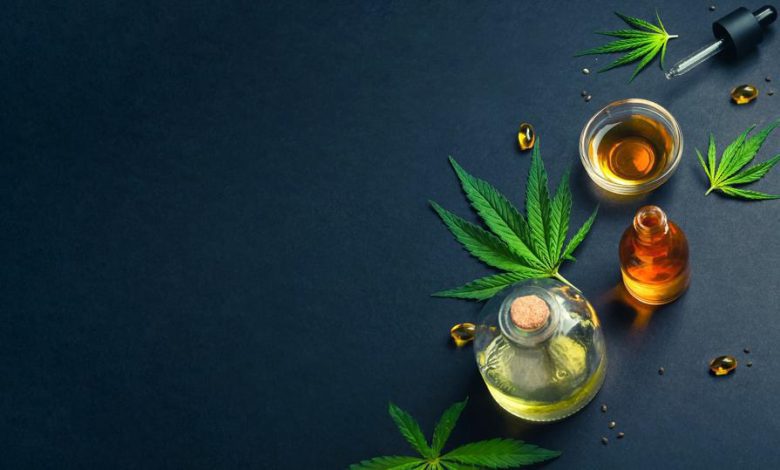Cannabidiol (CBD): What We Know And What We Don’t

CBD has been in the public eye lately, and it’s not hard to see why – it has been found to be effective in reducing seizures in children who suffer from Lennox-Gastaut Syndrome. This article gives an overview of what Cannabidiol (CBD) is and its main benefits, as well as how you can use this relatively new supplement.
What is Cannabidiol (CBD)?
Cannabidiol is a chemical found in cannabis that has been shown to have medical benefits. CBD is non-psychoactive and does not create the “high” associated with other cannabinoids. CBD has been shown to be effective at treating a variety of conditions, including anxiety, chronic pain, and seizures. There is still much we don’t know about CBD, but we are working hard to fill in the gaps.
What makes CBD different from THC?
Cannabidiol, or CBD, is one of more than 100 chemicals in the cannabis plant. Unlike THC, which is the psychoactive ingredient that makes people feel “high,” CBD does not appear to have any psychoactive effects. This means it can be used for medical purposes without getting you high.
CBD is a major part of the cannabis plant and has been studied extensively for its many potential benefits, including treating epilepsy and other disorders. Here are some of the things we know about CBD:
- CBD has been shown to interact with some of the body’s natural systems, including the endocannabinoid system.
- CBD appears to have antipsychotic and anti-inflammatory properties.
- CBD may help reduce anxiety and depression symptoms.
How does CBD work?
CBD is a compound found in cannabis that has anti-inflammatory and pain relief properties. It’s believed to interact with the body’s endocannabinoid system, which helps regulate mood, sleep, appetite, and pain. Unlike THC, CBD does not produce a psychoactive effect.
What does this mean for you? Cannabidiol (CBD) can be helpful for managing various chronic conditions without the side effects of traditional medications.
Can CBD Limit or Reduce the Effects of THC?
Cannabidiol (CBD) is a non-intoxicating cannabinoid found in cannabis and hemp. CBD has been shown to have many therapeutic benefits, but it does not interact with the same receptors as THC does, meaning that it does not produce psychoactive effects. This makes it an appealing option for people looking for relief from medical conditions that are exacerbated by THC, like anxiety, chronic pain, and seizures. However, CBD’s lack of psychoactivity may also mean that it has less potential to produce intoxication or “highs.”
Is Cannabidiol (CBD) Legal?
The legality of cbd insomnia is still up for debate, as it hasn’t been fully legalized in all 50 states. While CBD oil is legal in most states, the plant itself (Cannabis sativa) is not. The legality of hemp products also varies from state to state. Some states have passed laws legalizing hemp while others have not.
While CBD may still be illegal in some areas, there has been a lot of progress made in recent years. In 2016, the US Drug Enforcement Administration (DEA) allowed researchers at the University of Mississippi to research the potential benefits of CBD. This move paved the way for other institutions to begin researching CBD as well.
Currently, there are a number of ways to obtain CBD, including through oils and supplements. Some companies that manufacture CBD products are licensed and regulated by state governments. Others are not and may sell products without proper oversight. It’s important to do your research before purchasing any CBD product to make sure it’s safe and legal to use.
Benefits of CBD Oil
CBD oil is becoming more popular as a natural treatment for a variety of conditions. Here are some of the benefits of CBD oil:
- Relief from anxiety and depression. CBD oil has been shown to be effective in reducing anxiety and depression symptoms.
- Treatment for chronic pain. CBD oil has been shown to be effective in treating chronic pain, including pain from arthritis, menstrual cramps, and cancer.
- Relief from seizures. CBD oil has been shown to be effective in relieving seizures, including those caused by epilepsy.






